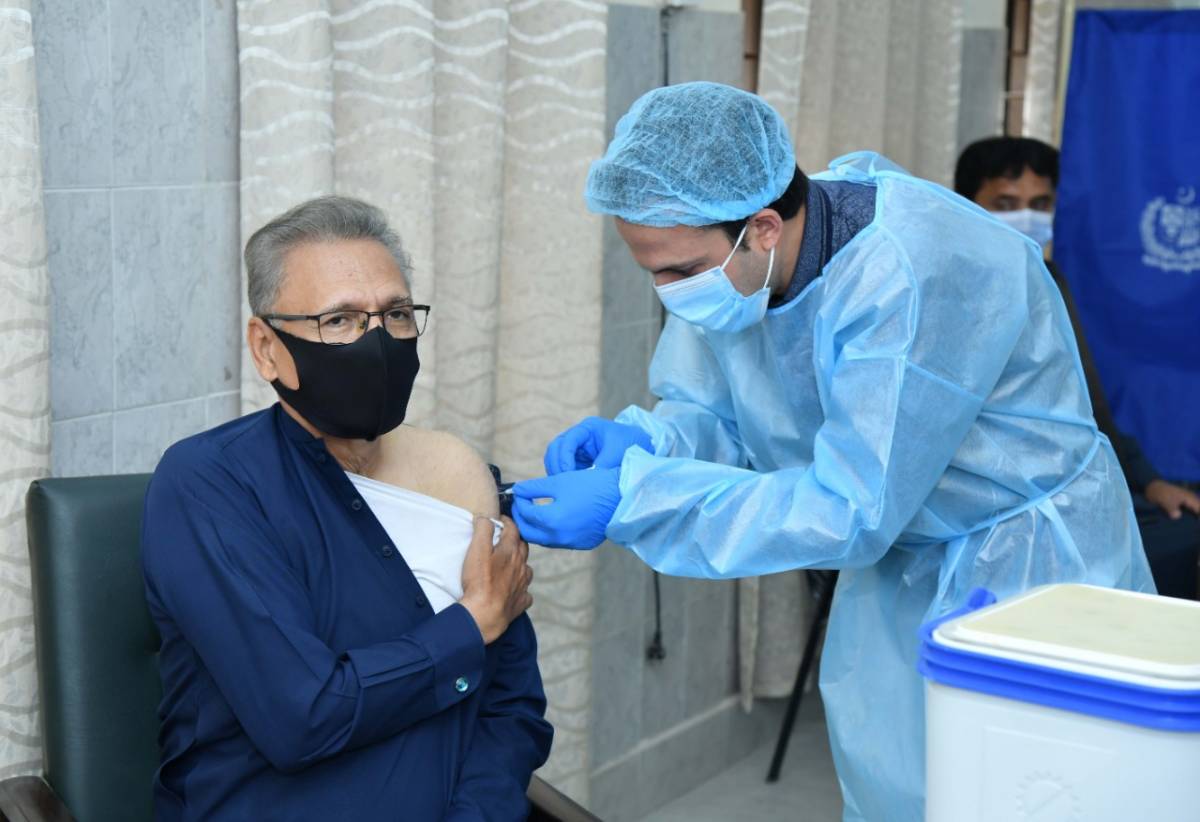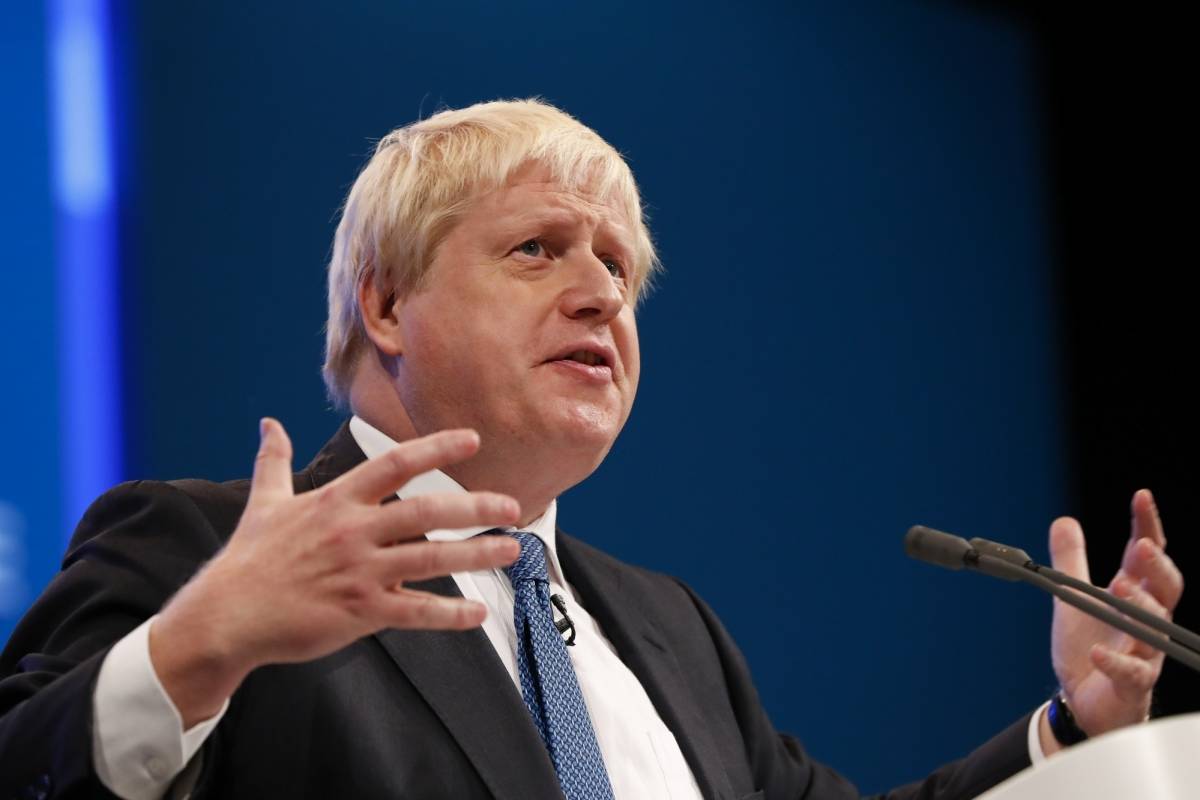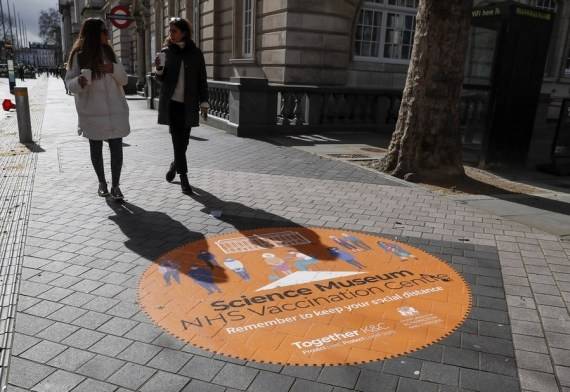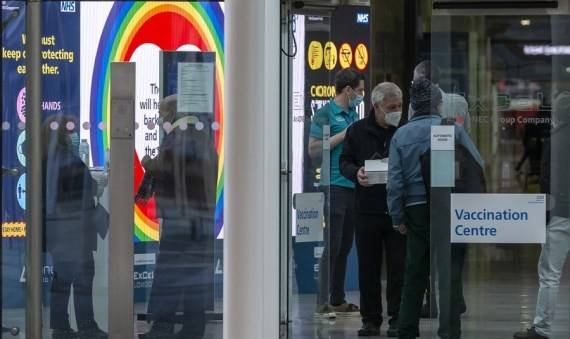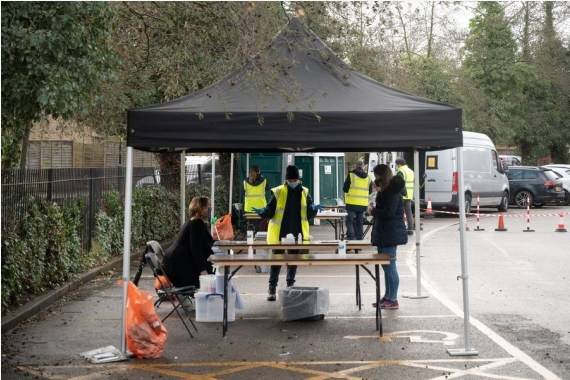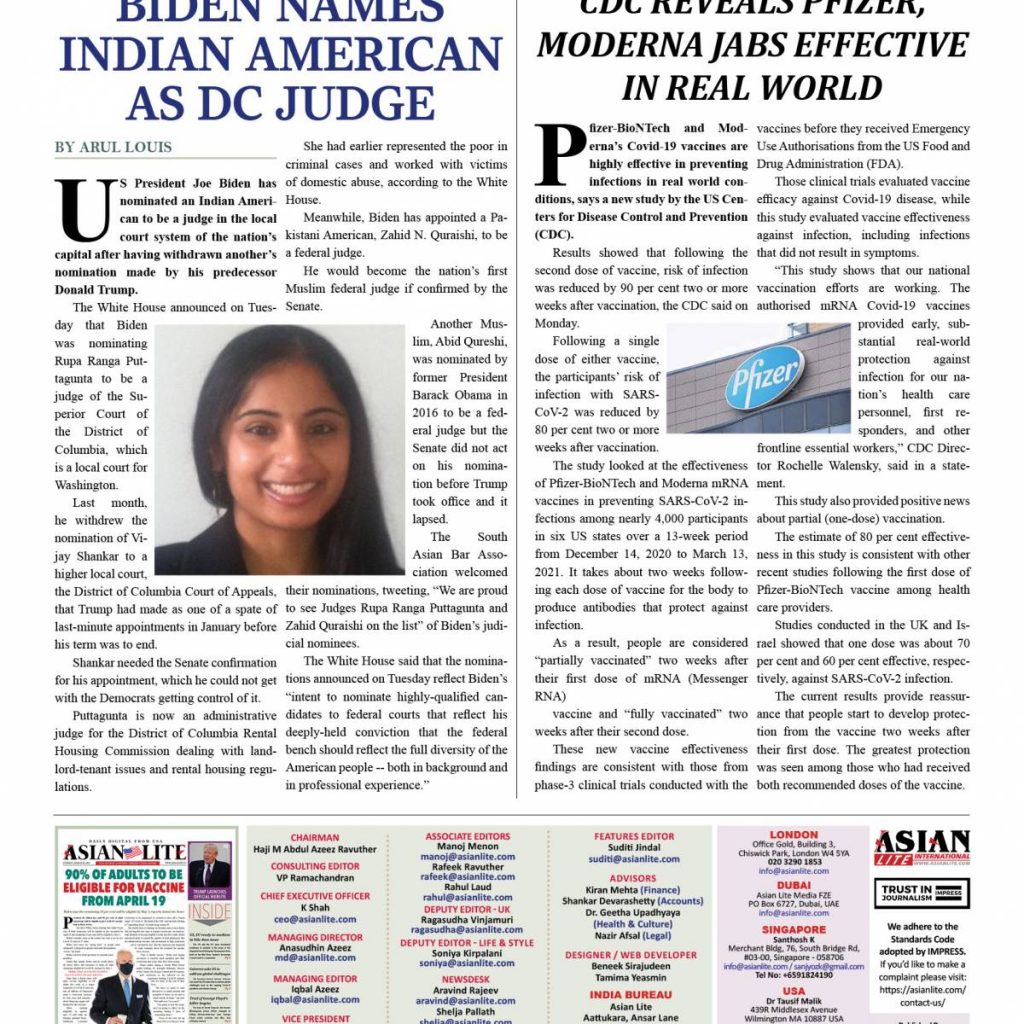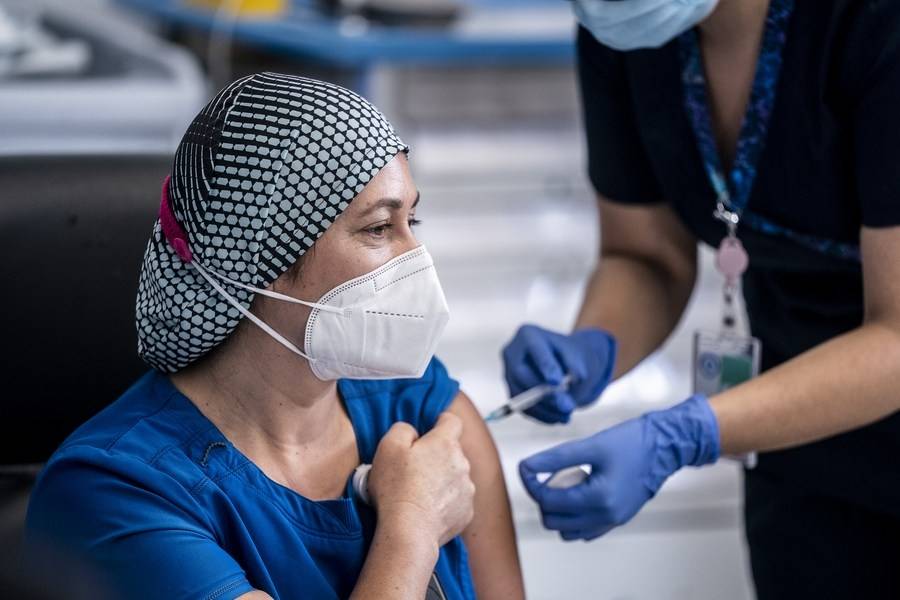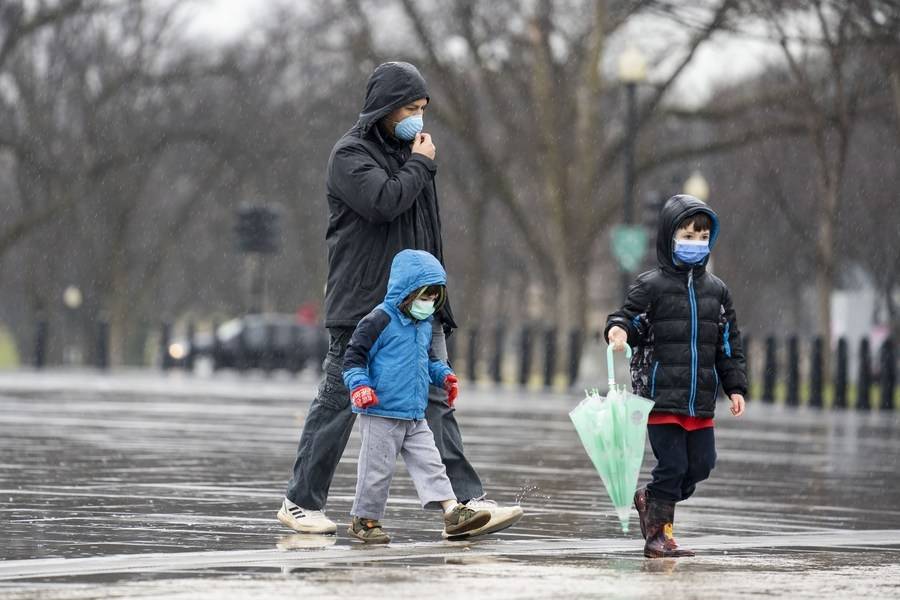Britain has imposed new travel restrictions on travel from Pakistan. From this Friday onwards (9th April), the passengers from Pakistan will go undergo a self-funded hotel quarantine. The poor vaccination drive is causing troubles for Pakistanis. Lagging behind others in South Asia and slow in its launch, Pakistan’s drive to vaccinate its people against Covid-19 continues to send clear signs of confusion. As a result, just 0.8 million people from a 20 million population have been vaccinated by the end of March. And this is not surprising, experts, concerned at the delay, at home and abroad note …. Writes Dr Amanulla Khan
Covid is dogging everybody in Pakistan. Just after the Prime Minister, the President also tested positive on Covid-19 last month. It may not seem unusual, but that they got infected after being administered first dose of the Chinese-produced Sinopharm vaccine, has caused concern.
For one, it has injected an element of distrust among the population that is awaiting the vaccine as the country experiences its second wave of the pandemic.
Zafar Mirza, a former Special Assistant to Prime Minister Imran Khan on health, has pointed out that Pakistan was one of the trial sites for this vaccine but did not insist for a right to access these vaccines once they were produced and approved.
“This was the first such trial in Pakistan. This anomaly should not be repeated with future trials. Our population should not act as guinea pigs, but instead receive a guaranteed fair share from the manufacturers once the trial is complete.”
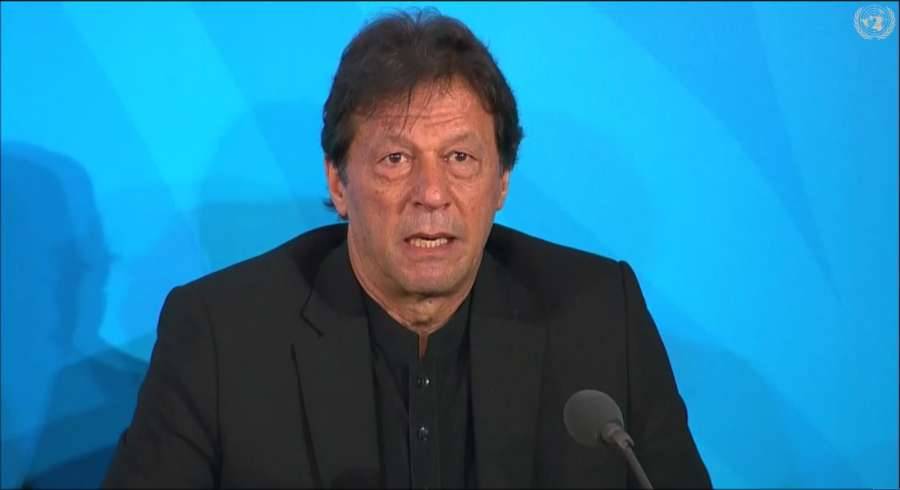
Lagging behind others in South Asia and slow in its launch, Pakistan’s drive to vaccinate its people against Covid-19 continues to send clear signs of confusion.
As a result, just 0.8 million people from a 20 million population have been vaccinated by the end of March. And this is not surprising, experts, concerned at the delay, at home and abroad note.
The first batch of vaccines containing 0.5 million vaccines arrived in Pakistan on February 1 from China.
Also read:Public gatherings banned in Pakistan
The process started slowly as there were no takers for the Chinese coronavirus vaccine. Many healthcare workers refused to register themselves for the vaccine, expressing concerns regarding the safety or efficacy of the vaccine, officials and experts told Al Jazeera.
Pakistan’s dilemma is manifold. Many in overwhelmingly Muslim nation do not trust a vaccine. The clergy rant against it from microphones at mosques every Friday. Vaccine, any vaccine, could render you impotent, they warn. There is a sordid record of attacks, even killing, of health volunteers who administer polio vaccine. Along with the neighbouring Afghanistan, Pakistan remains among the few nations where polio persists.
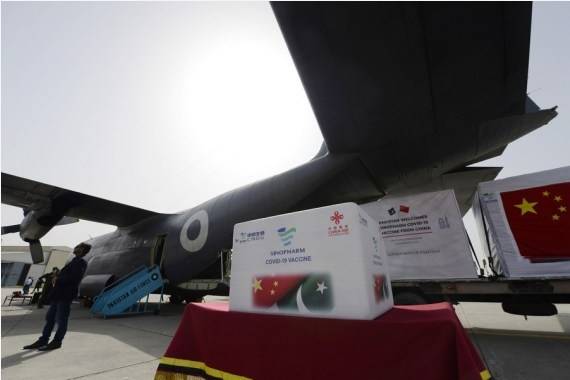
The clergy and the conservatives warn how Osama bin Laden was located and killed in 2011 when a doctor who gathered data for vaccine ‘betrayed’ by passing it on to the Americans.
When it comes to vaccine against Covid-19, there are other aspects of distrust. The government does not trust AstraZeneca that is British-developed, because it is Indian-produced.
Also read:Pakistan blocks TikTok again
The adversarial India may send vials with water filled in, goes the rumour campaign. Till mid-March, the government had not placed any orders, the National Assembly was informed.
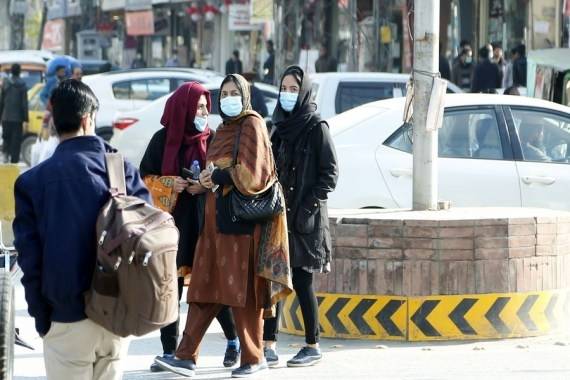
The prime Minister attacked the ‘rich’ and appealed to the world community to help the ‘poorer’ nations meet this urgency. Pakistan kept waiting for GAVI, the global alliance that is engaged in pooling the vaccines to distribute it among the poor nations.
Finally, when orders were placed, they were for either purchase or free supply of the Chinese vaccine that was slow in being cleared for safety and efficacy than the British and the others. Doubts persist and now the public does not trust the vaccine coming from the “all weather friend.”
Conventional medical wisdom about vaccination is that there has got to be some ‘reaction’ or side-effects, like mild fever, that actually indicate that the vaccine is working on the body injected. But the president and the prime minister, by invoking God Almighty and seeming helpless, betrayed both, lack of knowledge and of faith.
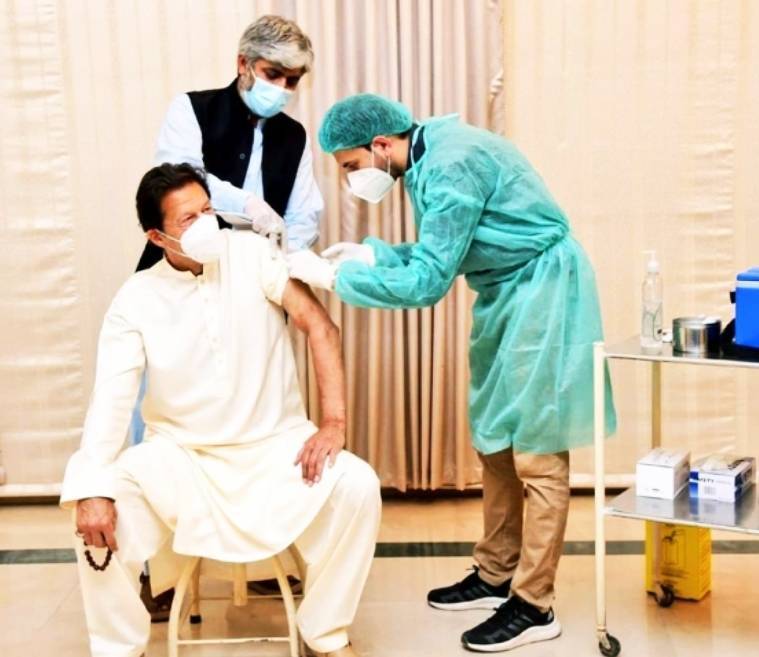
Also read:Social media war between B’desh and Pakistan
President Arif Alvi took this further by saying that he was hoping to get cured after the second dose, again casting doubts about the first one.
Issuing a clarification on Khan’s vaccination, the Ministry of National Health Services, Regulations and Coordination said that antibodies develop two to three weeks after the 2nd dose of the 2-dose COVID-19 vaccines.
“Prime Minister Imran Khan was not fully vaccinated when he contracted the virus. He only got the 1st dose and merely 2 days ago which is too soon for ANY vaccine to become effective. Anti-bodies develop 2-3 weeks after the 2nd dose of COVID vaccines,” it said on Twitter.
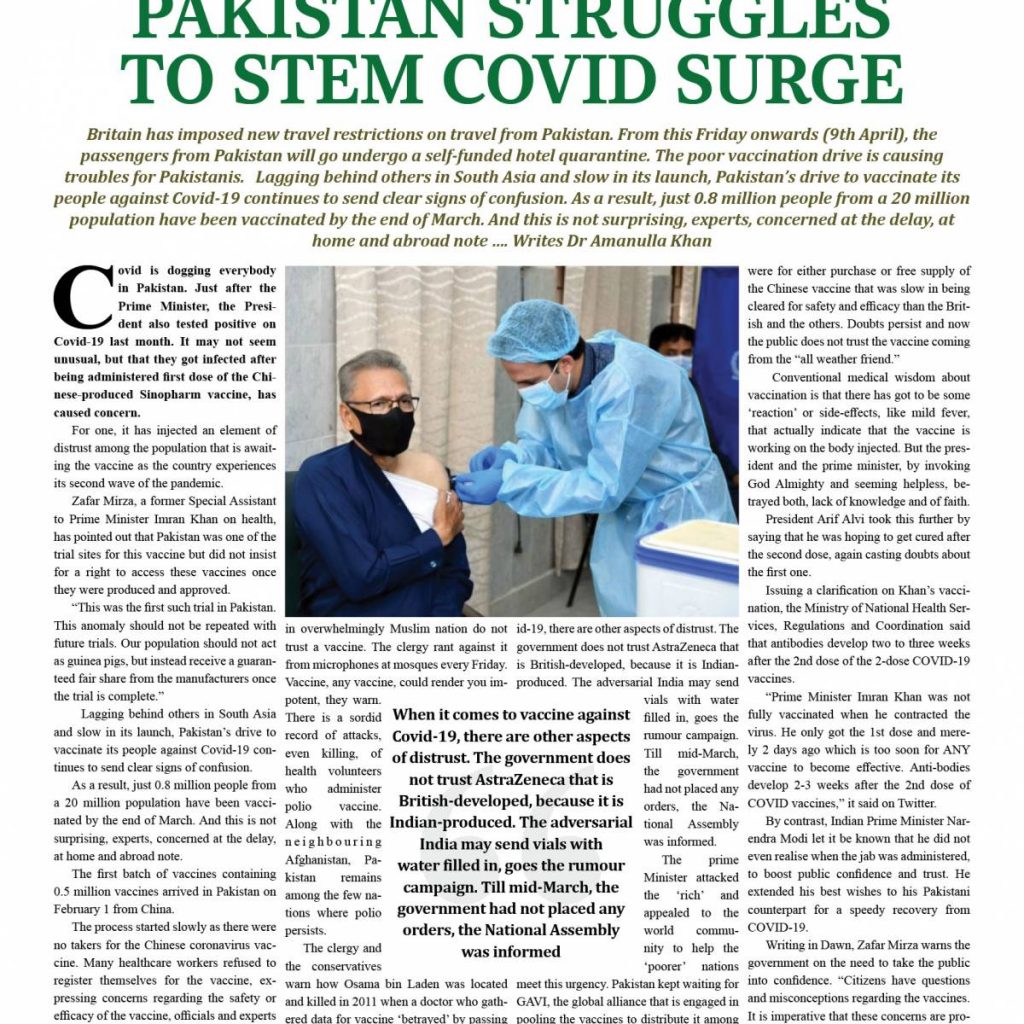
By contrast, Indian Prime Minister Narendra Modi let it be known that he did not even realise when the jab was administered, to boost public confidence and trust. He extended his best wishes to his Pakistani counterpart for a speedy recovery from COVID-19.
Writing in Dawn, Zafar Mirza warns the government on the need to take the public into confidence. “Citizens have questions and misconceptions regarding the vaccines. It is imperative that these concerns are proactively addressed and not permitted to spread unabated.”
Also read:US report highlights arbitrary killings, kidnappings in Pakistan

